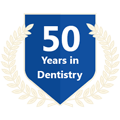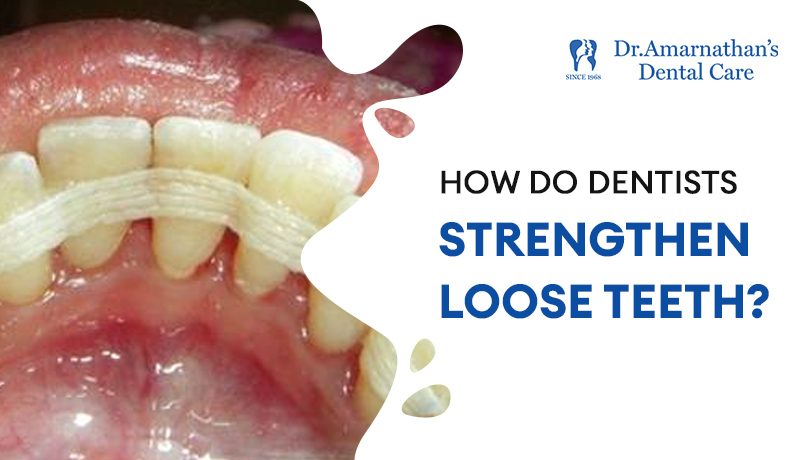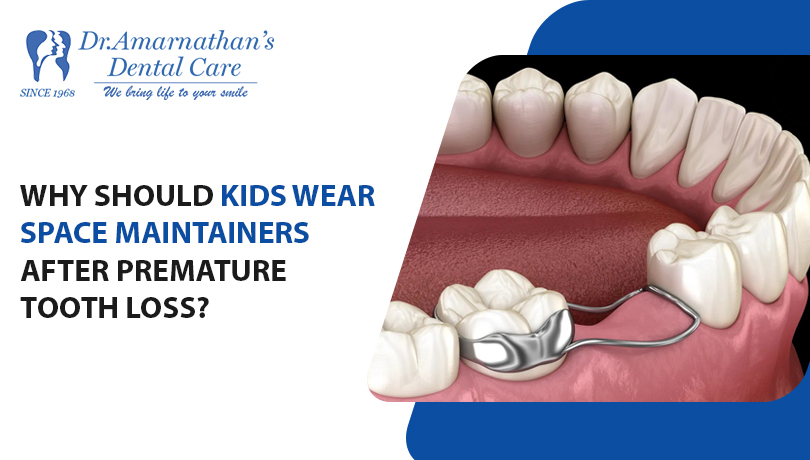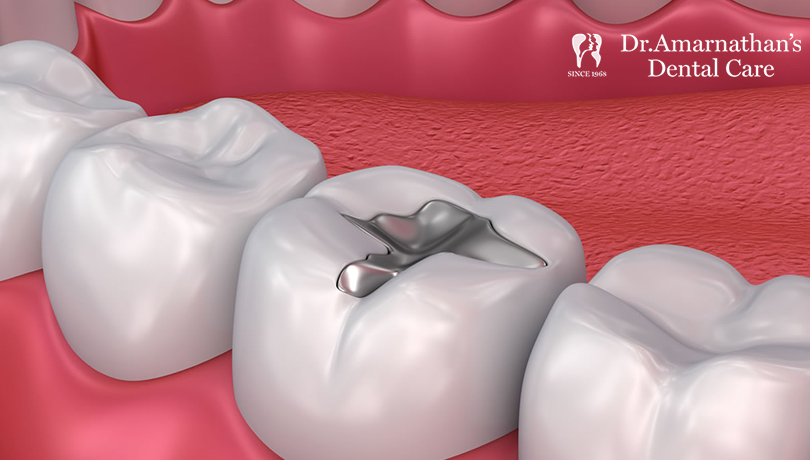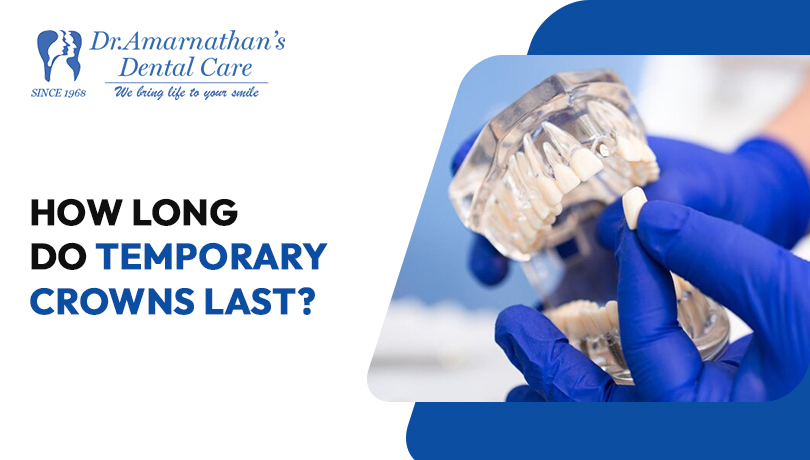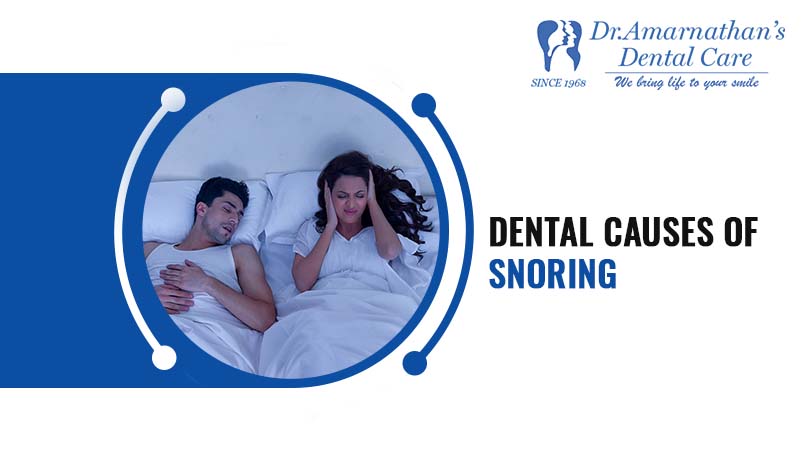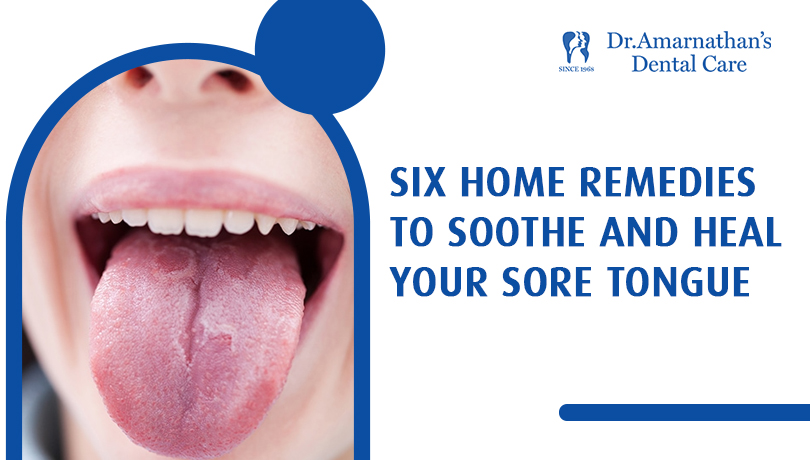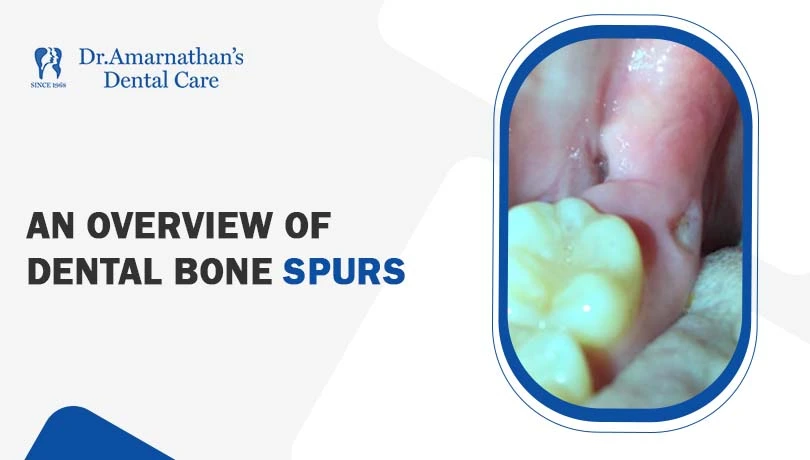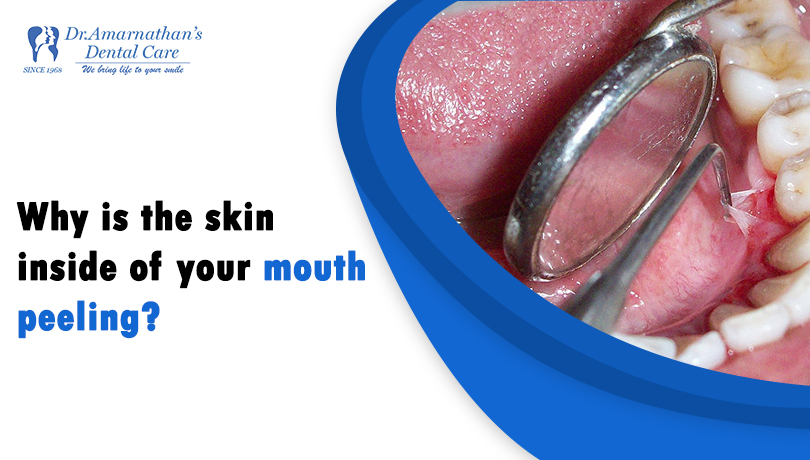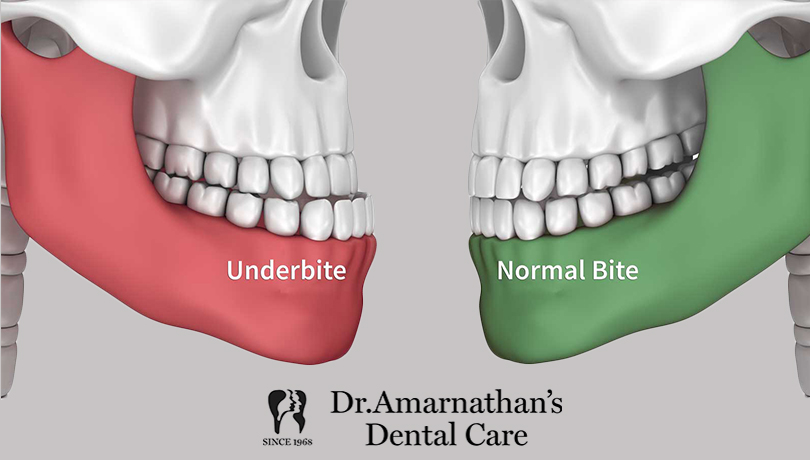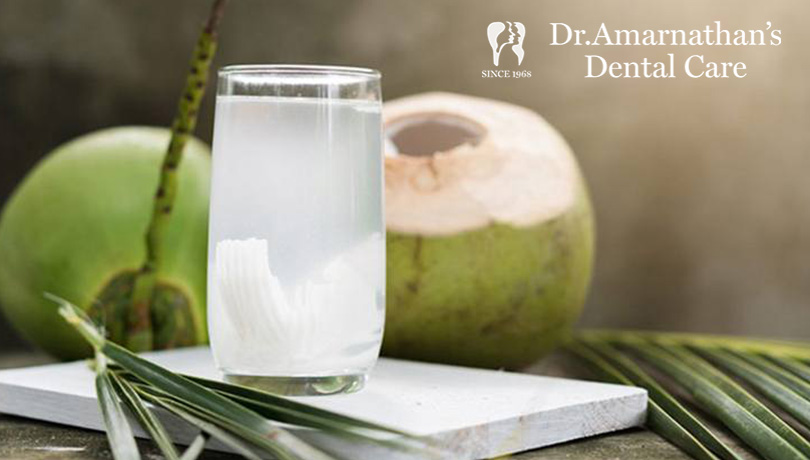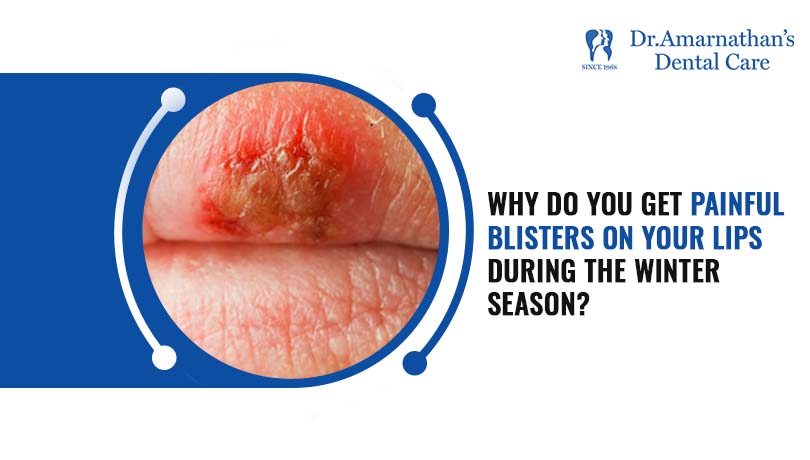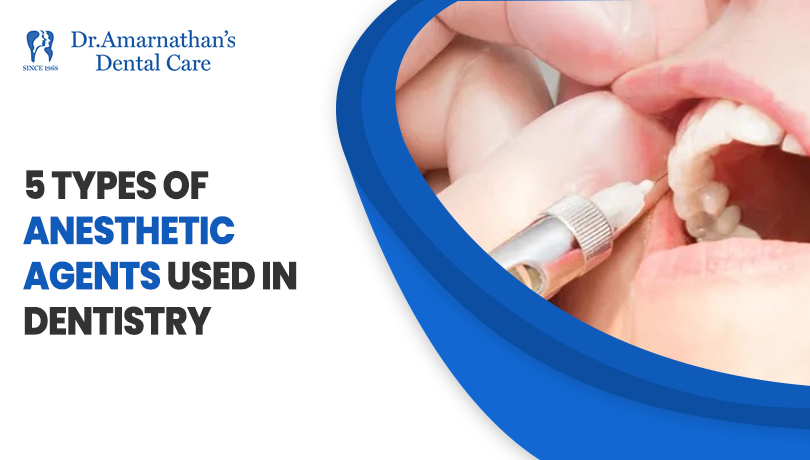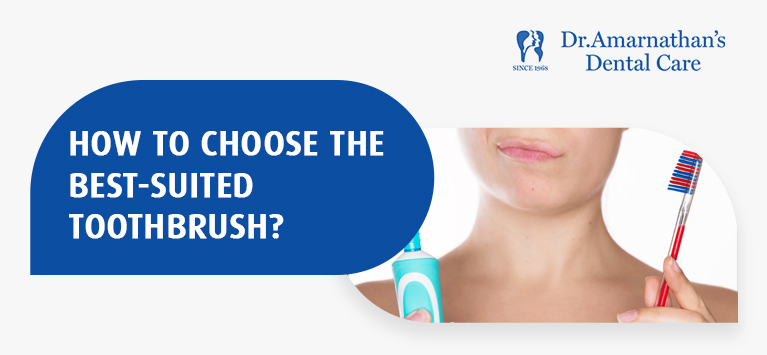
How to choose the best-suited toothbrush?
Every day your toothbrush and toothpaste will make you smile-ready to face the rest of the day! If you’re not using the right type of toothbrush, it could affect your health in other ways.
If you enter the supermarket, the dental hygiene section could sometimes be overwhelming with the variety of toothbrushes available. With their colour, brand, or price, the most important factor to consider should be determined because it is suitable for your oral and dental anatomy.
Here are the secretaries of Toothbrush
Most dental professionals recommend that a soft-bristled toothbrush is ideal for removing dirt and plaque from your teeth. The smaller-sized brushes can be recommended because they can access all the areas of your mouth, including back teeth.
- Consider the kind that the handle comes with (such as non-slip grips or a flexible neck)
- A shape that the handle is tapered (or) rectangular
- Design of the bristles (such as flat, rippled or trimmed into the shape of a dome)
Choose the one that fits you . The ideal toothbrush will fit your mouth and let you get all your teeth in one go.
General Tips for Choosing a Toothbrush
It would be best to look for certain qualities in any toothbrush you pick, regardless of whether it’s powered or manual.
Size: The most suitable toothbrush head you can get will allow easy access to the surfaces of your mouth. For most adults, ahead with a width of half-inch and 1 inch tall is the most.
User-friendly and most efficient: Although there are bigger toothbrush heads, you might find certain difficult non-access areas, such as the back and sides of your molars. The toothbrush must have a long enough handle to allow you to comfortably hold it in your hands.
Bristle types: If you visit a store to buy manual toothbrushes or a replacement head for an electric toothbrush, then you’ll be able to choose one with soft, medium, hard, or bristles made of nylon.Majority of people, a toothbrush with a soft bristle for their comfy and secure option. Toothbrush selection depends on how hard you clean your teeth and the quality of your teeth, soft or hard. Hard bristled toothbrushes could cause harm to your gums, root surface as well as tooth enamel. To ensure your teeth are protected when you brush, make sure that the bristles on the brush you pick have tips that are rounded.
Expert advice: Make sure your toothbrush has passed strict quality-control tests to ensure the effectiveness of cleaning and safety.
When do you have to change your Toothbrush?
Replace your toothbrush once it starts to wear out or at least every three months. It’s also crucial to replace your toothbrush after being sick, as the bristles could collect bacteria that could lead to an infection.
Maintaining good dental hygiene is important, not just for your dental health but also for your overall health. In reality, gum disease is a significant risk factor in developing serious health issues, including diabetes and heart disease.

